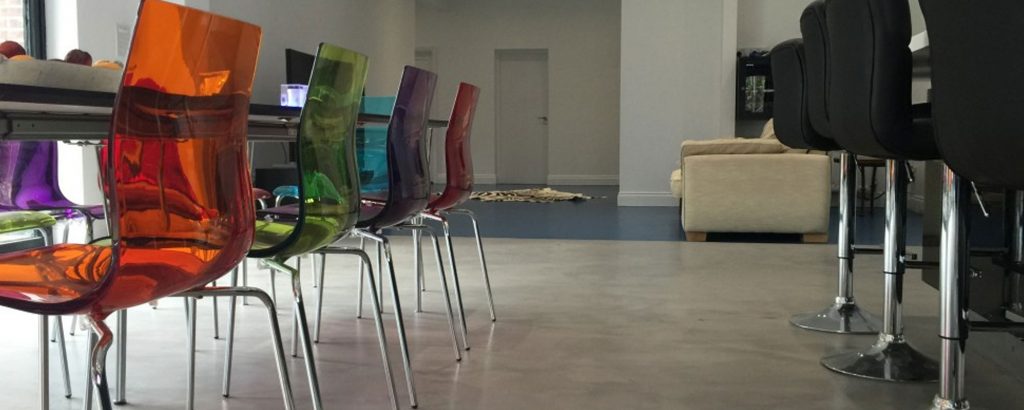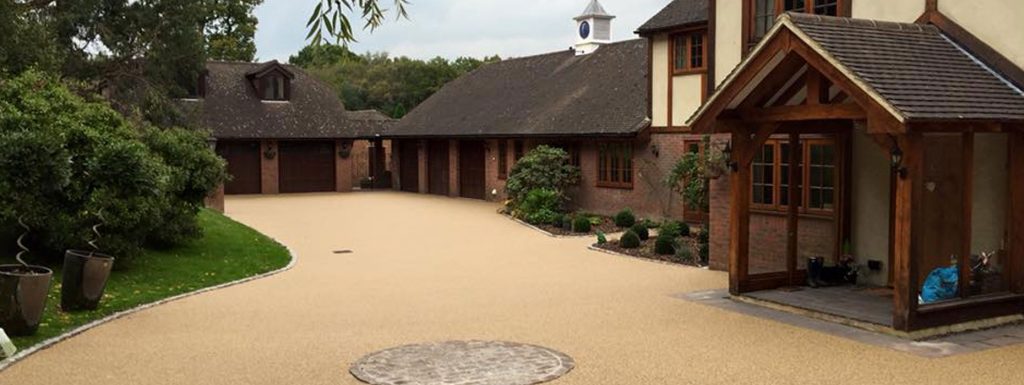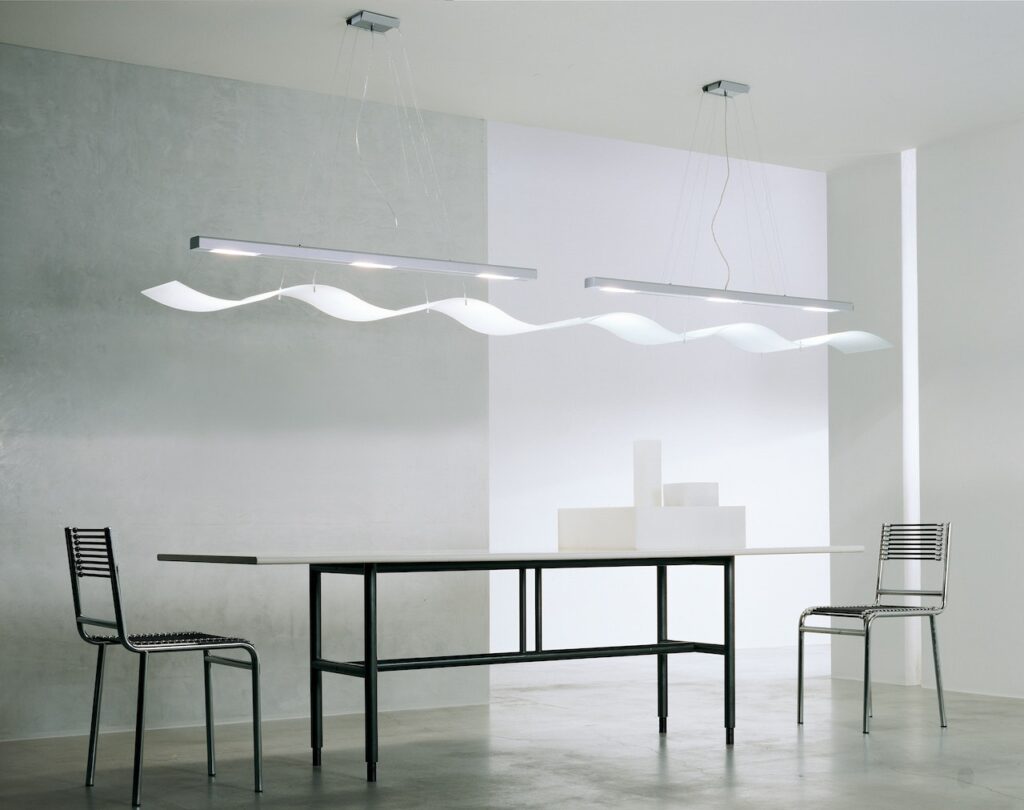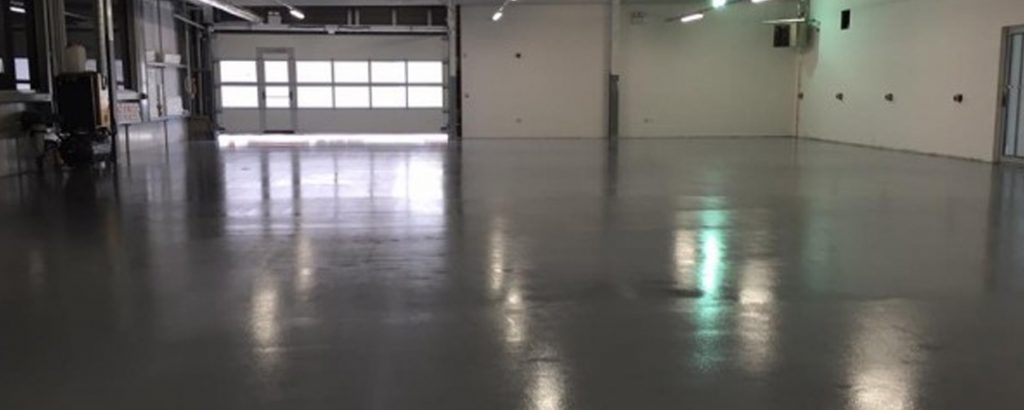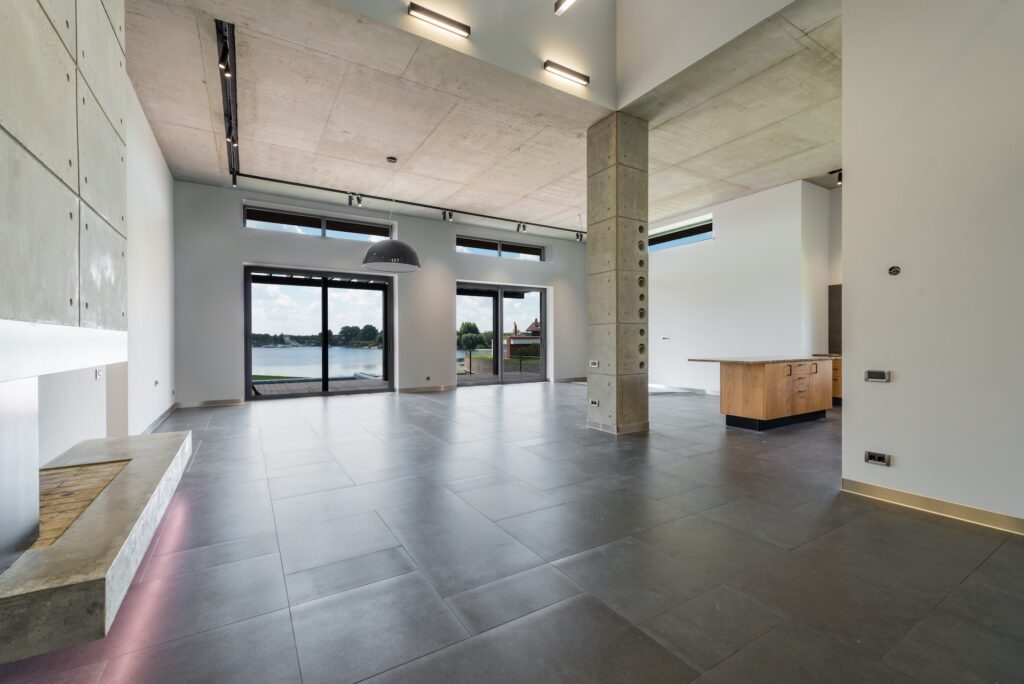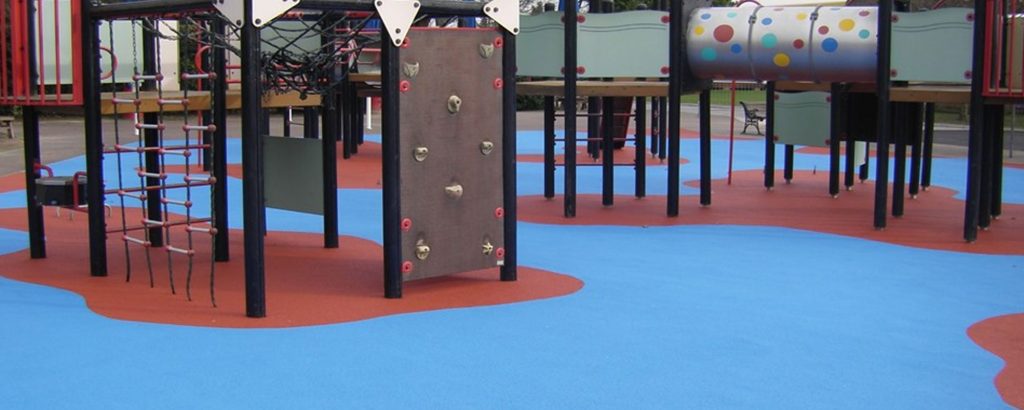If you’re thinking about installing a resin floor, you’ve probably heard of epoxy flooring, but what is epoxy flooring?
Epoxy flooring is a type of resin used to cover floors and concrete, either to create a sleek finish or project existing flooring. It’s a synthetic resin floor system with multiple layers which is typically laid over concrete substrates to improve the aesthetic appearance of a concrete floor as well as enhance the properties of the flooring.
Epoxy resin flooring provides stable, durable and resistant protection against heat, water, abrasion, chemicals and other wear-and-tear damage.
Epoxy flooring is also one of the most cost efficient types of resin flooring on the market, frequently used for both domestic and professional environments. In this article, we discuss the benefits of epoxy flooring, the difference between epoxy and other types of resin floorings, and answer some overall maintenance questions that you might have about the upkeep of an epoxy floor.
What are the benefits of epoxy flooring?
Whether you’re looking to install epoxy flooring in your home or business, there are a host of benefits from using this type of resin floor. Here are just some of the key pros of epoxy flooring:
Low cost
Epoxy flooring is one of the most inexpensive types of resin flooring on the market. This is because epoxy flooring is easy to install, and less durable than some other types of resin flooring such as PU resin flooring. If you’re on a tight budget, it’s hard to find something as efficient and budget-friendly as epoxy flooring.
Can withstand heavy weights
Epoxy flooring is also great for its ability to withstand heavy weights, making it ideal for use in an industrial environment. Read more about industrial resin flooring here.
Professional appearance
Epoxy flooring offers a clean and gleaming professional appearance with little maintenance required (regular cleaning will do the trick)!
Easy to clean
Being impenetrable by bacteria, epoxy flooring is easy to clean and easy to sanitise. Medical environments often opt for epoxy flooring for this reason, although it’s important to be aware that recently cleaned epoxy flooring will be slippery.
Heatproof and waterproof
Epoxy flooring is resistant to both extreme heat and all water damage, so you don’t need to worry about mould infestations or a flammable floor. Being water resistant and antibacterial makes it a great option for a bathroom.
Protective
Epoxy flooring is a great way to protect existing floors from external damage; this explains why epoxy flooring is so frequently used in hallways, lobbies and on shop floors. With frequent passage, epoxy flooring prevents the floor from becoming damaged from heavy use.
Easy installation
Epoxy flooring requires almost no tools or special materials to install, making it one of the easiest types of flooring to install. That being said, it’s important to have a professional to install any type of resin flooring. If installed incorrectly, you might find that the epoxy flooring is unable to offer water protection or might break easily.
Where is epoxy flooring used?
If you’re wondering whether or not epoxy flooring is right for your home or business, here are some typical ways epoxy flooring is used – both in domestic and professional environments:
Domestic garages
A number of customers like to improve the look and feel of maybe a pitted concrete garage floor with a coloured epoxy SL (self leveller), with either a gloss or matt finish. This immediately gives the garage a clean professional feel.
Hallways
Areas with frequent passage are ideal for epoxy flooring, as the resin is able to withstand the constant traffic from passers-by while protecting the floor from taking lots of damage. Lobbies (such as in hotels and or in large shops) often use epoxy resin flooring to protect the integrity of the flooring underneath the resin coating.
Industrial environments
Given that epoxy flooring is both heat proof and waterproof, many industrial environments opt for epoxy flooring to increase employee safety. Epoxy flooring is also great for environments that frequently use and operate heavy machinery or heavy loads, as it can bear heavy weights easily without becoming damaged.
Kitchens
Epoxy flooring is also a great option for domestic use, especially kitchens. Installing epoxy flooring for your kitchen is ideal due to its antibacterial nature and easy-cleaning process. With epoxy flooring, any spillages from food, drink or water won’t damage the integrity of your kitchen floor.
Bathrooms
Being both antibacterial and water resistant, bathrooms both domestic and professional can benefit from epoxy flooring. Epoxy flooring is also perfect for bathrooms as it simplifies the cleaning process. In addition, bacteria is unable to penetrate the resin, so there’s no need to worry about mould.
Hospitals
Epoxy flooring is frequently used in hospitals and other medical or clinical environments. This is typically due to the fact that sanitising epoxy flooring is simple, along with the fact that epoxy flooring can tolerate heavy machinery and frequent traffic, without becoming damaged.
How long does epoxy flooring last?
Epoxy flooring can last up to 20 years if cleaned and maintained correctly. With high traffic, you will notice that stains, marks and scuffing can occur over time. To keep your epoxy flooring in tip-top condition, it’s important to clean it at least once a week; more if there is excessive traffic on a day-to-day basis.
One major benefit of epoxy flooring is that even the replacement process is easy. If you want to replace your epoxy flooring, all you need to do is organise removal and re-installation: there’s no need to replace the floor underneath the epoxy covering, which will have been protected by the resin.
Epoxy floors vs. PU flooring
When it comes to resin flooring, you can choose between epoxy flooring and PU (Polyurethane) resin flooring, but what’s the difference between these two? Epoxies are very hard setting and as such can be brittle, so if you are installing across a substrate where there maybe flexural movement, epoxies may fracture. Polyurethanes will allow for a little flexural movement. You must also be aware that true epoxies will yellow slightly in sunlight, whereas aliphatic polyurethanes will remain much more colour fast. However, polyurethanes are generally more expensive.
If you’re looking for something highly durable irrespective of budget, PU resin flooring might be the best option. If you’re on a budget or want to install resin coating for domestic use, epoxy flooring should be efficient. The most cost effective solution is to apply an epoxy coating, much like painting the floor in order to protect it. But if you require a smooth, sleek finish, then an epoxy SL will much improve the appearance
Are epoxy floors a good idea?
So, are epoxy floors a good idea? If you’re looking for something durable and easy to maintain, epoxy flooring is highly recommended. Not only will resin flooring protect your existing floor and prevent the need for constant replacements, but it’s also a cost-effective way to renovate your home or work environment.
Easy to clean and easy to sanitise, epoxy flooring also helps to protect your property from mould, water damage and bacteria.
